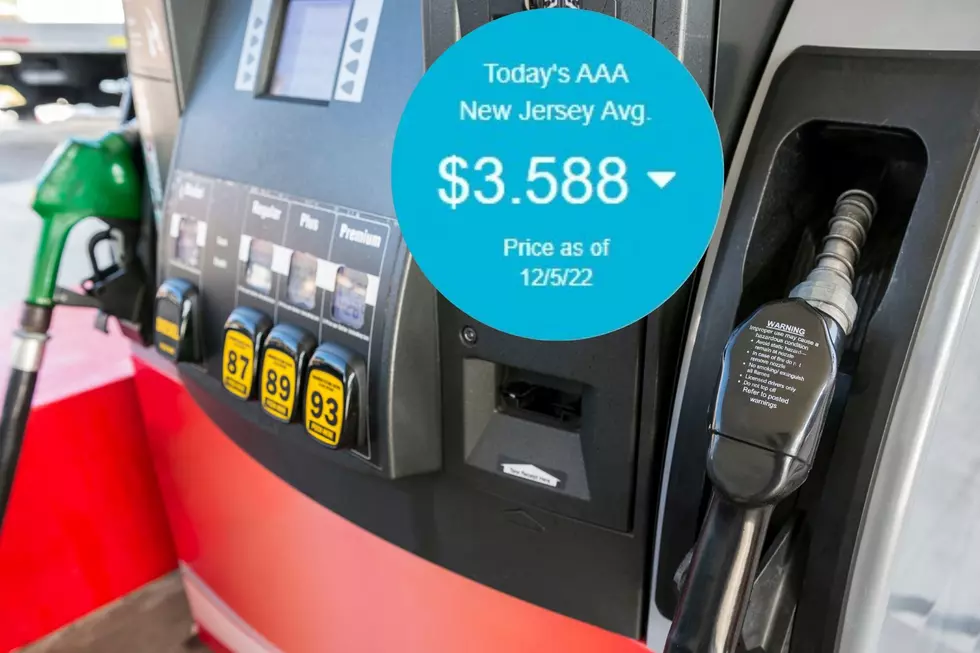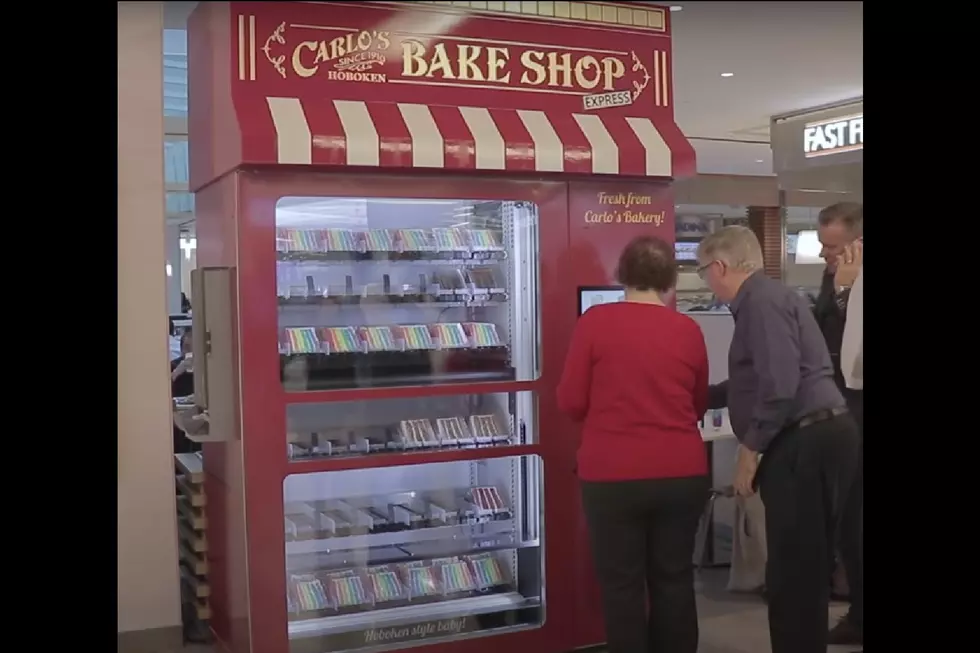
How to protect pipes from freezing during NJ winters
As the weather gets colder, New Jersey American Water is urging homeowners to prepare their plumbing and avoid the cost of broken pipe repairs.
What should customers do to prepare?
It’s important to check the sprinkler and irrigation systems, said Erin Banes, External Affairs Specialist at New Jersey American Water. Anything outside that holds water like sprinklers and hoses should be fully drained and turned off.
Take a quick survey around the home. Identify your home’s freezing points. Check the home for pipes in areas that may be prone to freezing, such as crawl spaces, unheated rooms, basements, garages, and exterior walls. Be sure to insulate those pipes, she said.
Know the location of the main water shut-off valve.
For outside meters, keep the lid to the meter pit closed tightly and let any snow that falls, to cover it. Snow acts as insulation so don’t disturb it.
What are some of the common issues plumbers may see?
When the air temperature changes, the groundwater temperature changes, said Gregory Tanner, President of FS Plumbing, Heating, Cooling, and General Contracting in Freehold.
When the groundwater temperature changes, there’s more expansion and contraction in the metals of water heaters today. Since the metals are not made like they used to be 30 years ago, he sees a lot of failures this time of year with water heaters.
Once the weather gets colder, then the freeze-ups happen, Tanner said. The problem with the freeze-ups happens when it starts to thaw.
“We’ll get a brief four days of sub-freezing temperatures. The lines freeze up and when they start to warm up, things fall out and that’s when the pipes split causing major damage to the homes,” he said.
How do you keep pipes from freezing?
To prevent pipes from freezing, Banes said to allow a small trickle of water to run overnight. Put a bowl or a pan in a sink or drain to keep that water from getting wasted. Use it to water plants around the house, she added.
Opening cabinet doors to expose pipes to warmer room temperatures will also help to keep them from freezing.
What happens if the pipes freeze?
Shut off the water immediately. Do not attempt to thaw frozen pipes unless the water is shut off. Freezing can cause unseen cracks in pipes or joints.
Apply heat to the frozen pipe by warming the air around it. Banes suggested using a hair dryer to slowly blow warm air back and forth across the pipe working from where the water comes out in the faucet backward.
Once the pipes have thawed, she said to slowly turn on the water shut-off valve to check for cracks and leaks.
Homeowners may want to think about purchasing a freeze alarm, especially if they are going to be away.
“It will alert you via whatever phone number you choose if the temperature in your home drops below 45 degrees and the pipes may be susceptible to freezing,” Banes said.
To be safe, set your thermostat at 55 degrees to prevent any freezing.
How much can broken pipe repairs cost?
It could be anywhere as little as two to three hundred dollars to up to thousands of dollars depending on the situation and the damages involved, said Tanner.
The most expensive repairs are typically found in a person’s secondary home, he said. They’re not there a lot so they don’t know to shut the valves off or how to winterize their home.
Tanner said it’s very important to call a local, licensed professional to come out, assess the home and do a full evaluation. This normally costs about $150, a pretty fair price he said compared to what a broken pipe repair may run you.
Homeowners should make sure their heating systems are tuned up and ready to go for the winter so there is no failure, he said. If it’s a second home and homeowners are just shutting it down, the lines need to be properly winterized.
Any homeowner who wants to be proactive should contact a professional to see if they have a designed maintenance plan. Many have plans where plumbing, heating, and cooling services are included.
“Anything with plumbing, heating, cooling, and electrical work, there is a state license required. Whomever the consumer is going to use, make sure they are state-licensed,” Tanner said.
Unfortunately, there are many scammers out there posing as master plumbers, HVAC, and electricians, and they are not, he warned.
Jen Ursillo is a reporter and anchor for New Jersey 101.5. You can reach her at jennifer.ursillo@townsquaremedia.com
Click here to contact an editor about feedback or a correction for this story.
LOOK: 25 over-the-top Christmas displays from across America
More From Beach Radio










